News - Advertising
2022, this was the year that was for Lebanon’s ad industry
by Tarek Chemaly
February 16, 2023
.jpg) Advertisement
Advertisement"Now is the winter of our discontent" – the opening line of Richard III by William Shakespeare – applies to Lebanese advertisers, who are currently experiencing "the decade of our discontent." Granted, the decade is still young but the years 2020, 2021, and 2022 have been difficult for everyone in the advertising industry.
Official numbers indicate that ad spend in Lebanon was 4.5 USD per person in 2021, but Naji Boulos, founder of Jicébé and a knowledgeable source in the industry, regards even those incredibly dismal figures as “embellishments,” estimating the real numbers to be 2.5 USD per person, a level not seen since the early 1990s, when Lebanon was barely out of its lengthy Civil War.
Still according to Boulos, “the advertising spend have slightly recovered in 2022 with a total approaching 24 million dollars, which is about 100% increase compared to the year 2021. The reasons behind this growth are twofold: the pricing of advertising space, which was aligned during the year with the "fresh" dollar rate, and the parliamentary elections that took place in May.”
Bizarrely, many Lebanese advertisers seem "upbeat" despite the dire state of the industry. Considering ArabAd is fully part of the market, we wonder where their positive outlook comes from. There are obviously fewer ads on television, and outdoor advertising is hanging by a thread, even if the situation is "barely" getting better. In 2005, a campaign needed 600 billboards in Beirut just to be "visible" and not drown in the cacophony of competing ads, whereas today, a dozen billboards would make it stand out.
2022, a year in review
Sami Saab, CEO and creative director at Phenomena, laments the current state of communication in Lebanon: "What happened to the communication strategies, the real thinking process, the solid creative briefs and the long brainstorming sessions? What happened to the strong creative concepts, the truly relevant contents and the twisted simple messages? Where are the brand stories and the differentiated designs? Are we living a turning point in the advertising history?"
Although his concerns are understandable, it is important to note that they do not necessarily imply a general trend or widespread problem. While many international campaigns have demonstrated strong creative and effective communication, the Lebanese advertising scene has been lacking in comparison.
Moe Minkara, founder and creative director at Mink, describes 2022 as "a catch-22." He believes that "we literally all lived through difficult circumstances from which there was no escape. Yet, if you look at the speed of jokes and often dark humor that comes out of the Lebanese instantly after an issue, a national catastrophe, or a disadvantage of some sort, you would quickly understand that our environment is not what is halting or slowing our creativity and inspiration as a nation."
Katia Yasmine, managing director at TRACCS Lebanon, likens 2022 to a football game – whereas the PR agency was playing defense in the last couple of years, this year "we’ve progressed in the game and are currently playing as attack position. We constantly created goal-scoring opportunities using all that we had acquired during our adaptation period (control and technical skill... and began striking and leveling up."
Ghada Chehaibar, managing and creative director at Purple Advertising, confirms the many issues of the year, saying: "The problem of survival was on the top of our agenda, cutting expenses, economizing, working remotely and reducing working hours." However, she also adds that some factors made her "see that there is light at the end of the tunnel, there is a strange beauty to the crisis that is pushing us beyond our limits."
Nada AbiSaleh, managing director of Leo Burnett Beirut, said that for her, "this past year was good. Challenging at times, and great at times." She added that it is "not to say that we are oblivious or immune to the economic challenges both in Lebanon and globally. On the contrary, an agency’s real achievement is the ability to successfully steer the ship across high tides and smooth waters." AbiSaheh added that "nurturing our talents" was also one of the main goals of Leo Burnett, no mean feat under the challenging circumstances.
Walid Kanaan, chief creative officer (CCO) of TBWA\RAAD Beirut, says that "2022 witnessed a growth in the media and advertising scene, as many agencies, media outlets and suppliers benefited from an election year that generated some aggressive spending specially on generic platforms like TV and outdoor. It was also the World Cup year, and we witnessed a growth in locally produced campaigns.”
Samer Abboud, chief growth officer at Memac Ogilvy said that “comparatively” last year was better than the ones that preceded it, though “even though we continued to operate against an escalating socio-economic and financial crisis locally.”
Joe Ayache spoke to us in his capacity of the IAA (International Advertising Association) chapter – although he is also the managing director/partner at a&a Porter Novelli – explaining that last year was a corrective year because “Once most transactions were dollarized the market was able to correct its business dealings, and companies were able to plan, forecast and operate.”
There’s no business like new business
Saab states that the industry is currently “in the middle of a cultural war, resisting peacefully, without weapons, while witnessing huge budget cuts and massive withdrawals of multinational accounts. Add to that the ‘neutral’ mode adopted by the big players, such as the banking sector, and their mute communication strategy dictated by the current situation.”
However, it is important to note that the public may not want to hear from banks at this stage, as they are already viewed negatively by the average person and are seen as holding the Lebanese money hostage.
Interestingly, Minkara believes that new business is still coming from good work and word of mouth. “When you truly care for your clients, and when your creative product is consistent, they care back for you, grow with you, and recommend you onwards.”
Yasmine states that their main new projects have come from “the rise of Environmental Social and Governance (ESG) across the world and in the MENA region, and people being more aware of the importance of Corporate Social Responsibility … [since] ESG today is at the core of the 2030 Vision of the UAE and the KSA.”
Chehaibar, meanwhile, credits new business coming from “new emerging local businesses and NGOs looking for partners.”
Whereas it was David Ogilvy who said “the consumer is not a moron, she’s your wife,” it seems that AbiSaheh, again head of Leo Burnett, applies this to clients by saying: “New business comes from the same place it always has: the belief that an agency is able to understand their needs, to guide them and help them grow their business in a constantly complex world fueled by data, technology and creativity.” AbiSaleh goes on to cite the principle of the “power of one,” which guides the Publicis Groupe of which Leo Burnett is part, and “consolidates all market expertise, competencies and capabilities into a single, frictionless offering [which] we are able to scale according to clients’ needs from data to digital business transformation, to e-Commerce to branding and everything else in between.”
Firas Mghames, managing director of Feer McQueen, admitted that, “despite the challenges of the last two years, we have received a significant number of leads from Lebanon. This is particularly noteworthy when compared to previous “normal” years. Regrettably, due to payment terms and other technicalities, we were unable to take on these clients.”
Ayache has another take arguing: “The current crisis has incentivized the local production and hence a growing activity was witnessed for local brands either existing or new, versus imported ones. The advertising as well as all communication cycle followed this trend.”
Beirut, servicing the GCC as a hub
ArabAd recalls a time when the Beirut offices of all agencies were solely focused on the flourishing local market, leaving other offices to operate independently. However, with the current crisis impacting the local market, a new trend has emerged where Beirut is now servicing the GCC nations at a discounted price and many agencies are hiring Lebanese talent at low monthly salaries. Despite this, those who were interviewed for the article denied this trend or portrayed it in a positive light, claiming it has been ongoing for decades.
Minkara, on the other hand, sees the situation differently. He believes that "most of the companies and managers in the Gulf hiring Lebanese are in fact Lebanese themselves. Some see it as cost cutting, but I would like to believe that most see it as a way to help Lebanese talents that don’t have the luxury to get out."
Chehaibar also offers a unique perspective on the issue. She states that "the evolution happening in the GCC is forcing them to open more towards the West with the aim of attracting investors to grow and protect their economies. The transformation they are witnessing is pushing them, whether voluntarily or involuntarily, to accompany the modern world and there’s nothing better than the ‘nest’ of the Middle East to lead them onto this journey."
AbiSaleh confirms that Leo Burnett has multiple hubs in the region, with Beirut being one of them. He suggests that it is normal for the agency to exchange services and ideas with other creative zones. Kanaan of TBWA\RAAD echoes this sentiment regarding their own presence within the agency’s network, stating that "if the pandemic taught us one lesson, it’s that nowadays there are no more boundaries. People are collaborating remotely, work is being produced on teams and zoom calls, campaign ideas are being generated through WhatsApp."
Rola Ghotmeh, CCO of Creative 9 (C9) confirms that the agency has "been working with clients in Dubai, Qatar, and Saudi Arabia for several years now, out of our Beirut office," indicating that this trend is not new and has been ongoing for some time. However, she also justifies the agency's move to Dubai as “it reflects our dedication to be closer to the brands we work with, and feels like the natural evolution of our rapid growth as an agency.”
When it comes to restoring Lebanon's position as a creative hub, Saab suggests that "to make things happen and keep the ball rolling, we have resorted to the reverse method, which is to start developing our own briefs and then presenting them to clients in order to initiate new projects, and keep the field moving forward." He also suggests investing in the academic system and raising a new generation that believes in the magic of the industry.
Minkara suggests three pillars for returning Lebanon to being the creative center of the region: "The first is to fix Lebanon and ‘make Lebanon great again.’ The second is to allow for the expatriated talent to come back home. And the third is to educate the new generation to work from the heart and with grit."
For Abboud of Memac Ogilvy, again a different tale was spun about the role the local agency plays in the bigger GCC tale, saying “It’s safe to say that Lebanon today is the offshoring model for all other Middle Eastern countries, playing a significant role in securing job opportunities, which has led our talent base to grow by over 300 percent.” He then adds: “The services we offer complement and mutually reinforce our operations in the region.”
Mghames, at least was the lone dissenting voice saying things are they are and calling a spade a spade: “Yes, definitely! In 2020 and 2021, network agencies had the opportunity to hire Lebanese talent at a low cost due to the economic situation in Lebanon. However, this has had an impact on the market and many creative talents are now refusing to accept low pay. As a result, network agencies are investing less in Lebanon. Despite this, the market still holds potential for remote work opportunities, which can be a favorable option for certain talents.”
Ayache – without overtly negating that international companies are taking advantage of local talent – said that “The off-shoring activity has been on the mind of multi-national agencies a while ago, and some started it some five years ago, because it made business sense to create a pool of resources in a country that is rich with talent. The savings were clear for them-- no housing, no travel tickets, etc.” This implied that the current situation, whereas amplified by the current economic crisis has been a long time in the making.
Campaigns, budgets and creativity
Emphasizing the importance of producing campaigns that are both effective and budget-friendly, and the current dearth of memorable local campaigns, Chehaibar acknowledges the challenge of creating great campaigns locally, stating that Lebanese “are fighting the everyday struggles to ensure their basic needs. We see less interest in advertising and more interest in what is purposeful and pocket friendly. On the other side, most industries are facing cash flow issues today with less investments. Choices are to be made."
AbiSaleh poses the question, "How can you create, still have fun, be inspired and remain strategic amidst chaos and despair?" She then confidently states, "Yet, we did. And we still can." She goes on to explain that for her and her team, "the most important measure of success is mainly internal. It is what happens backstage. It is about how we, as a team, were able throughout the process of creativity to support each other, inspire each other and challenge each other while still having fun brainstorming and ideating."
Kanaan simply deadpans "shit produced with a budget of 1 million USD... is still shit." He emphasizes that "creative excellence should never be linked to the size of the budget. An idea is measured by how unique and disruptive it is, even if it comes in the shape of a small business card." He cites an example of one of TBWA's clients, Liamo, a locally produced pasta brand that paid above budget to ensure that its ad was shot in Italy at the Malpensa airport, highlighting the importance of an impactful idea over a large budget.
For Abboud, “We should not underestimate the creativity of our Lebanese talent who continued to develop smart, witty, and relevant campaigns that resonate and drive impact amid cultural, political, financial, and social tension across the country.”
Ayache summed it up saying: “The local market is no longer competing for consumers’ love; it is competing for their wallets. The local production trend is convinced wrongly that by advertising the availability of a product, it will be enough to win the consumers. This will remain true until competition between brands and products gets stronger. Why would a chocolate brand be creative if it’s the only one on the market?”
Optimism bordering on delusion
"My answer won't be politically correct," said AbiSaleh when asked about what was needed for the Lebanese Adland to thrive again. This statement stood out among the many heavily manicured answers received, as it conveyed a sense of honesty and raw truth.
Kanaan, when discussing the issue, stated, "It's true that the Lebanese lost trust in their government, in their political system, and in their financial institutions. However, they never lost faith in themselves. So, while many insist that the revival of Lebanon requires luck, Adland is proving that luck is an attitude." This statement highlighted the resilience and determination of the Lebanese people despite the challenges they face.
Interestingly, some of the answers received were absurdly positive, to the point that some respondents' interviews had to be dropped completely. Boulos of Jicébé, for example, said, "Akid no! This is not the time for optimism," mixing Arabic and English in his spontaneous and thankfully truthful reply.
It appeared that Lebanese agencies were ashamed of admitting hard times, even though the whole society was mired in difficulty. Cutthroat rates to seduce clients, avoiding meetings at certain times because generators are rationed, and difficulties in getting money owed from clients were just some of the challenges faced by the industry.
Many agencies have expanded their footprint to the Gulf – KSA, Qatar, UAE as examples – to be on the ground and better deal with clients. Ironically this is the same scenario that happened during the war when local agencies branched there to once more, remain in touch with clients when the situation in Beirut deteriorated so bad servicing them from the Lebanese capital became impossible. Joe Fish, Mink,The Creative9, The Channel ME, WonderEight, Feer McQueen are a very non-exhaustive list of such agencies. Feer McQueen, according to Mghames, has opened “new physical locations in Riyadh, Larnaca, Doha, and Cairo, as well as serving clients remotely in other countries.”
"I relocated the agency [to the Gulf] because I did not want my children to go through what I went through myself during the [the 1975-1990 Civil War] in Lebanon," said one advertiser in a private, off-the-record conversation. This agency is now thriving in the Gulf, while its local office in Beirut, which was severely damaged during the major 2020 explosion, is now only "representative" and works on a combination of local and Gulf clients. This is just one example of a specific agency that has adopted a hybrid local/Gulf model.
In another conversation, another unnamed advertiser said, "I am not sure if we got used to the total chaos, or if things are actually better at this stage. Maybe it is both." He then added, perhaps summing up the whole situation in Lebanon, "or neither," highlighting the uncertainty and ambiguity of the current situation in Lebanon.


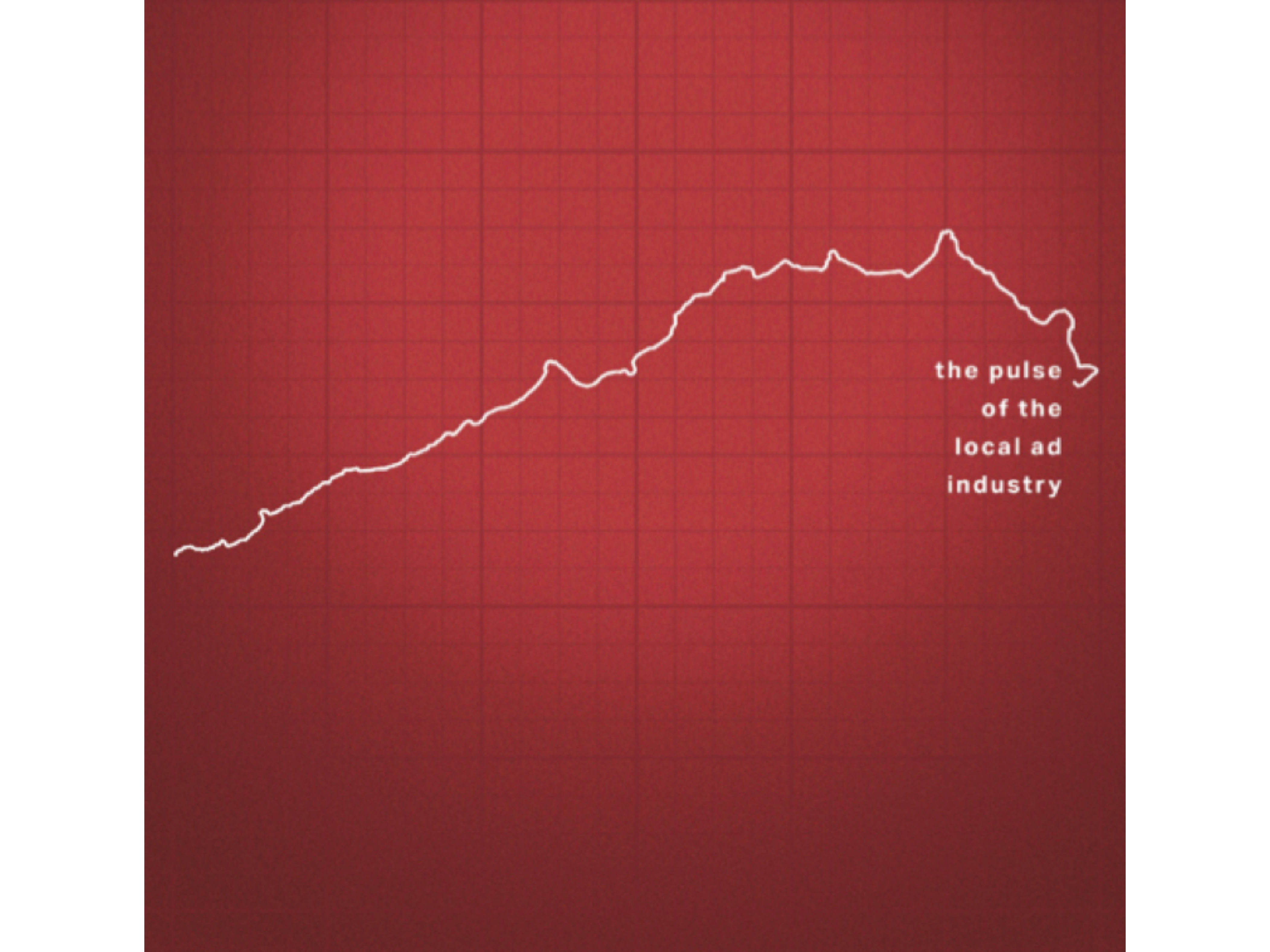
.jpg)

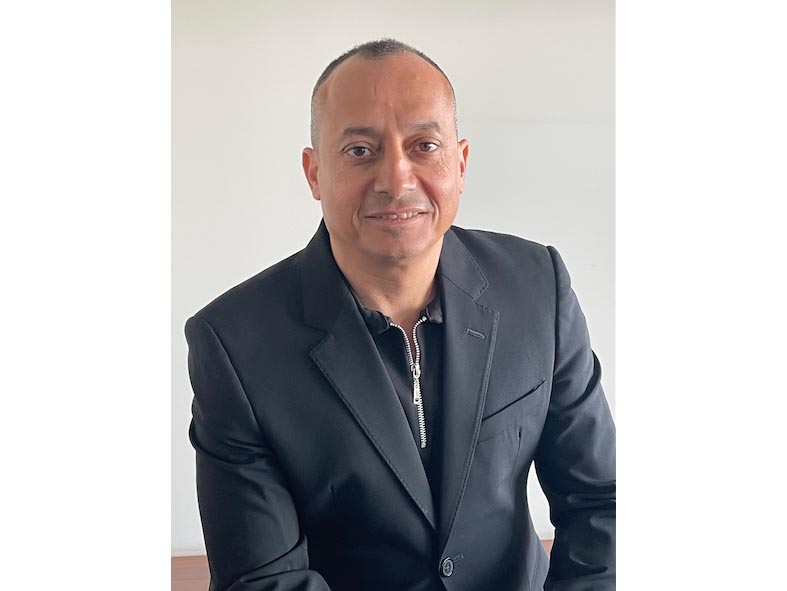
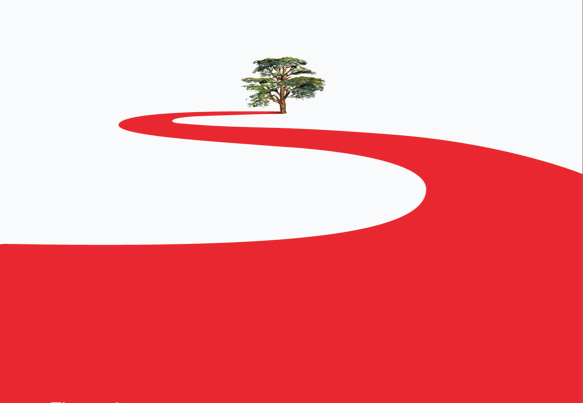
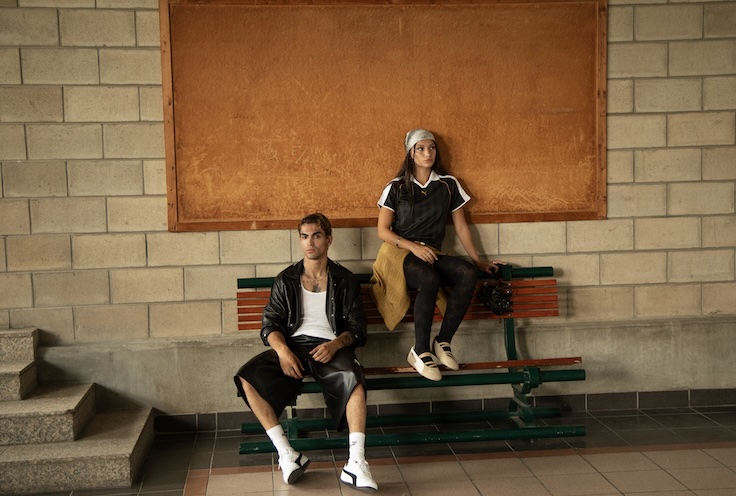
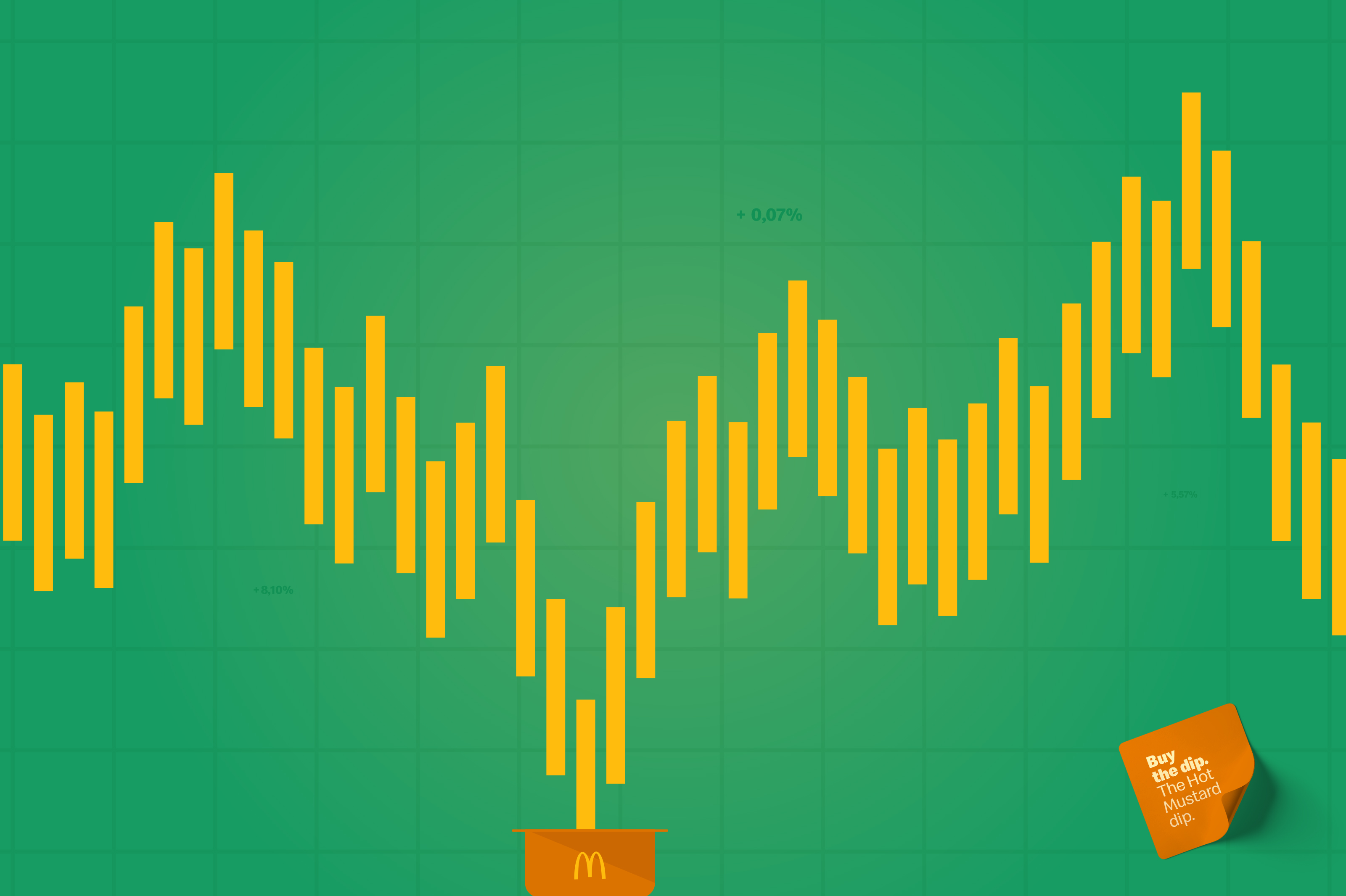
.jpg)




